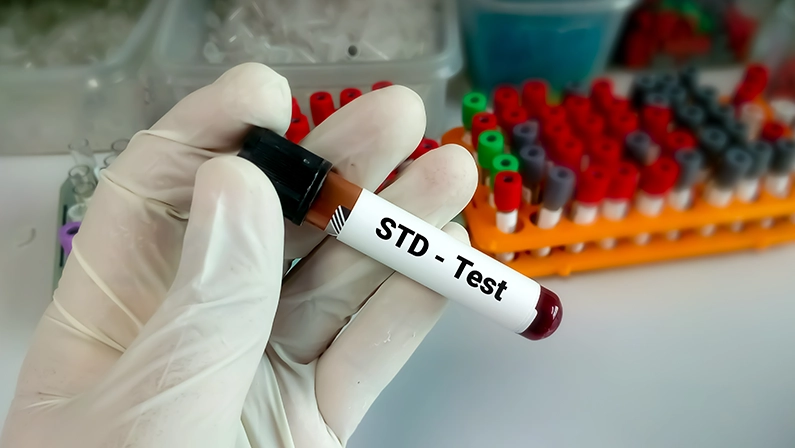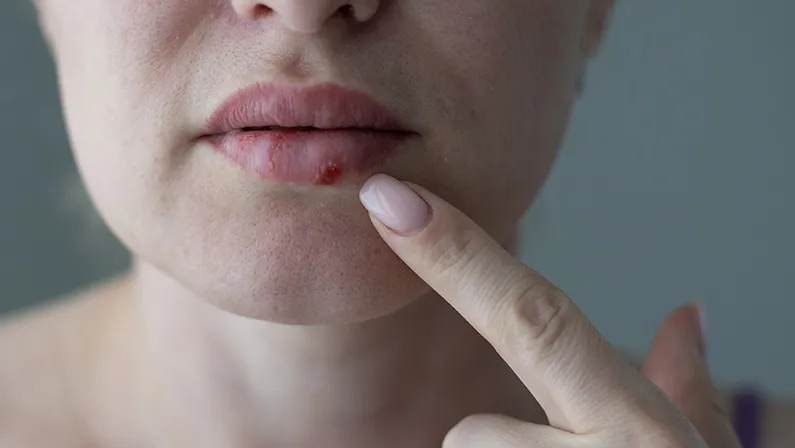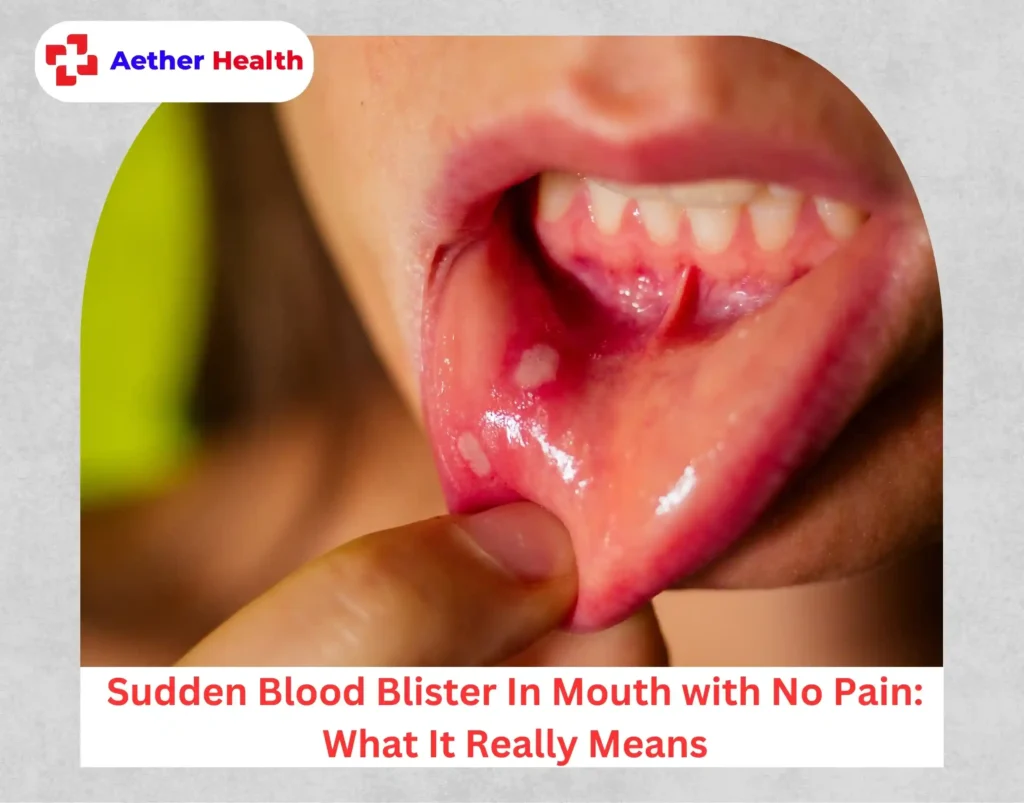Cold sores are a common and uncomfortable condition that affects millions of people worldwide. Understanding cold sores, their causes, and their connection to the Herpes Simplex Virus (HSV) is essential for managing outbreaks and preventing transmission. In this comprehensive guide, we delve into the nature of cold sores, their relationship to herpes, and effective ways to manage and treat them.
What Are Cold Sores?
Cold sores, often referred to as fever blisters, are small, painful blisters that typically appear on the lips, mouth, or nose. They are caused by the Herpes Simplex Virus (HSV).
Definition of Cold Sores
Cold sores are infections caused by the Herpes Simplex Virus, particularly HSV-1. They appear as clusters of blisters filled with fluid, which eventually burst and form a crust.
Cold Sores Symptoms and Stages
Cold sores go through various stages, including tingling or itching, blister formation, crusting, and healing. Symptoms can include pain, swelling, and a burning sensation.
Cold Sores Common Triggers

Common triggers for cold sores include stress, illness, ultraviolet light, hormonal changes, and a weakened immune system. Identifying and avoiding these triggers can help reduce the frequency of outbreaks.
How Cold Sores Spread
Cold sores are highly contagious and can spread through direct contact with the sores or through saliva. Avoiding close contact with an infected person during an outbreak is crucial for preventing transmission.
Cold Sores and the HSV
The HSV is the underlying cause of cold sores. It is essential to understand the virus to prevent and manage cold sores effectively.
Explanation of HSV-1

HSV-1 is the primary virus responsible for cold sores. It remains dormant in the body and can reactivate during periods of stress or a compromised immune system.
Difference between HSV-1 and HSV-2: Cold Sores vs Herpes STD
While HSV-1 primarily causes oral herpes, HSV-2 is usually associated with genital herpes. However, both types can cause sores in either area under certain circumstances.
Can HSV-1 Cause Genital Herpes?
Yes, although less common, HSV-1 can cause genital herpes through oral-genital contact. It is important to practice safe sexual habits to reduce this risk.
Are Cold Sores Considered an STD?

Understanding whether cold sores are classified as a sexually transmitted disease (STD) is vital for reducing stigma and fostering informed discussions.
STD Definition
An STD is an infection transmitted through sexual contact. Cold sores, while caused by HSV, are primarily transmitted through non-sexual means but can also spread through oral-genital contact.
Cold Sores and Sexual Transmission
Cold sores can be sexually transmitted, particularly through oral sex. It is crucial to avoid intimate contact during an outbreak to prevent spreading the virus.
Cold Sores vs. Genital Herpes
While cold sores are typically associated with HSV-1 and genital herpes with HSV-2, both types of the virus can infect the oral and genital areas, complicating the distinction between the two.
Stigma around Herpes and Cold Sores
There is a significant stigma around herpes and cold sores. Education and open conversations can help reduce this stigma and promote better understanding and management of the condition.
How to Prevent Cold Sore Outbreaks and Spread
Prevention is key to managing cold sores and minimizing their impact on your life. Here are some practical tips to help you avoid outbreaks and prevent transmission.
Personal Hygiene Tips
Maintain good personal hygiene by washing your hands regularly, avoiding touching your face, and not sharing personal items like lip balm, utensils, or towels.
Avoiding Triggers
Identify your cold sore triggers and take steps to avoid them. This may include managing stress, protecting your lips from the sun, and maintaining a healthy lifestyle.
Safe Practices during an Outbreak
During an outbreak, avoid kissing, oral sex, and other forms of close contact. Use separate towels and utensils to prevent spreading the virus to others.
Use of Antiviral Medications
Antiviral medications can reduce the severity and duration of cold sore outbreaks. Consult with healthcare professionals at Aether Health to find the appropriate treatment.
Managing the Emotional Impact of Cold Sores
Dealing with cold sores can be emotionally challenging. Support from healthcare professionals, counseling, and connecting with others who have similar experiences can help you cope.
Cold sores, caused by the HSV, are a common affliction that can be managed with knowledge and care. Understanding the nature of cold sores, their triggers, and prevention methods is essential for those affected by them. At Aether Health, we offer expert advice, compassionate care, and effective treatments to help you manage your cold sores and lead a healthier life. Visit Aether Health for more information and support.



